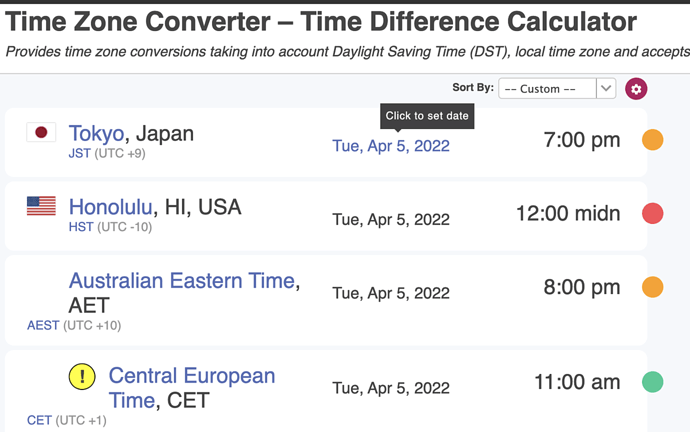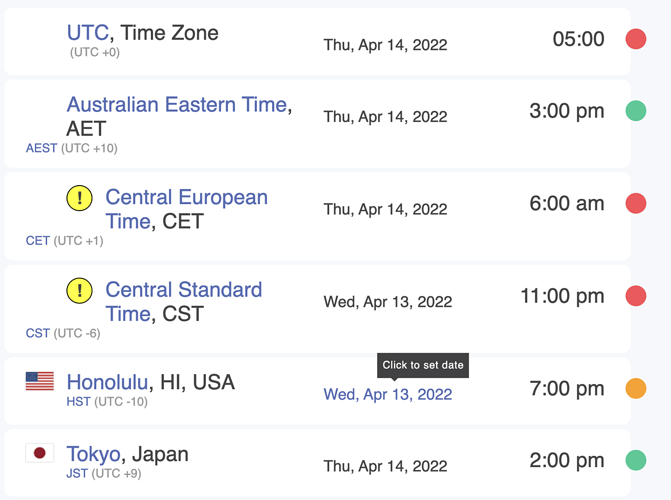This is a club where we work through Genki 2 (various editions) together. You don’t have to have Genki 2 to join in the fun, though! Also, join anytime, we’re not racing.
This week’s theme
Chapter 13 is all about finding part-time work. This week we are covering the grammar from Ch 13 and practicing writing using these grammar points.
Start date: 11 April 2022
Next week: Ch 13 Workbook/Listening week (Genki 2 and friends grammar club)
Home thread: Upper beginner grammar club (Genki II/Genki 2 and friends)
Vocabulary
The vocab supports this with words ranging from ゴルフ to やくざ… make of that what you will!
Use the discussion to add in additional words that you think might be useful!
Grammar
If you have Genki, this is where you learn the vocab and read through the grammar in this chapter. Get a start on all those exercises in the front half of the main book, maybe even the workbook if you want to get ahead. Remember to access Genki’s audio for listening and shadowing practice as you do the exercises. These are free for everyone - just download the Japan Times OTO Navi app and search for Genki 2 (2nd or 3rd edition).
Here are descriptions of these grammar points from other sources.
These links make good supplementary reading if you’re following Genki. If you find other good resources, link to them in the discussion! Also, it’s helpful to look up these points in the Dictionary of Beginner Japanese Grammar, if you have it, especially for the discussion around similar grammar points and how to distinguish them.
Potential verbs: explaining what you can do
食べられる I can eat
話せる I can speak
https://www.wasabi-jpn.com/japanese-grammar/japanese-potential-form/
Giving multiple reasons using し
https://www.wasabi-jpn.com/japanese-grammar/sequential-and-parallel-actions/#5
Expressing that you have made a guess based on how something appears using そう
Appearances and hearsay – Learn Japanese
Say you’ll tentatively try to do something with てみる
https://www.wasabi-jpn.com/japanese-grammar/utilization-of-the-te-form/#4
Provide a conditional if or but using なら
Describe the frequency or periodicity of events with 回
Japanese Counter 回: Repetitive Actions (Times)
Genki grammar explanation videos by Tokini Andy (e.g. for Chapter 13): 【N4】CAN in Japanese - The Potential Form | Genki II Lesson 13 Grammar Made Clear 【Chat Removed】 - YouTube )
Discussion
This week’s practice prompt is to write:
Use the discussion to write about a part-time job (or hobby, or skill) that you would like to try out. Describe a bit of the how and why using this week’s grammar points.
どんなアルバイトがしてみたいですか。どうしてですか。
Also if you like
- Ask questions about the grammar points and compare them to similar points.
- Write additional practice sentences and contribute to Q/A on the exercises in the book.
- Define your starting point - where are you now with your Japanese writing skills? How would you most like that to improve in the next year?
Join in the discussion to share your experience, cute meme, and encouragement ![]()

